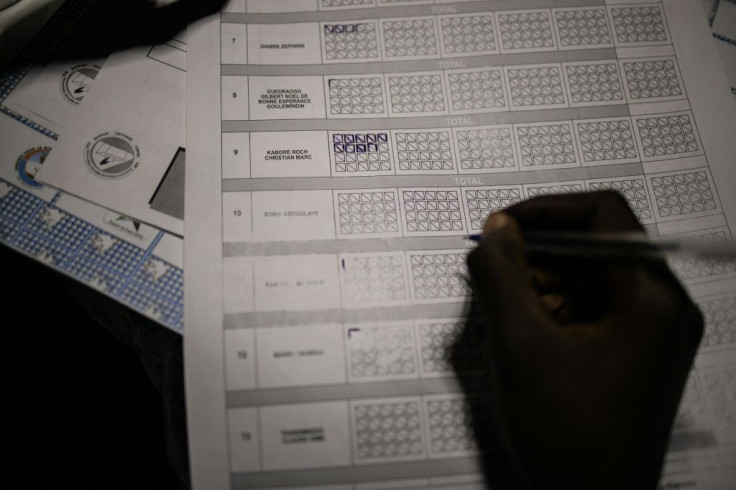Is It Finally Time To End The Electoral College? Critics Make Big Push After 2020 Election
Virginia House of Delegates member Mark Levine has introduced a new bill as part of the National Popular Vote movement, which would have member states award their electoral votes to the winner of the nationwide popular vote.
“It’s an old, ugly mess that frankly should have been obviated some time ago,” said Levine, a Democrat.
The current voting system requires the electoral votes of each state to go to the candidate who won the nationwide popular vote in that state in a "winner-take-all." Nebraska and Maine are the only exceptions, as they use the Congressional District Method.
The Electoral College is determined by the number of each state’s electoral votes, which is equal to the size of its congressional delegation.
There is expected to be some pushback to the National Popular Vote movement. In May 2019, Nevada Gov. Steve Sisolak vetoed a bill which would have meant the state would join 15 others in awarding their presidential votes to the winner of the national popular vote.
Sisolak said he rejected hopping on the bandwagon out of concern that the new conditions “could diminish the role of smaller states like Nevada in national electoral contests.”
Virginia is one of nine states that has been the focus of the National Popular Vote movement.
A presidential candidate needs 270 electoral votes to win the presidency. The movement has already secured 196 electoral votes from the 15 states and the District of Columbia and hopes to gain more in 2021.
If the advocates are able to receive a total of 270 votes, they could sue on constitutional grounds.
“We believe Supreme Court precedents indicate that this additional step is not needed,” National Popular Vote Chairman John Koza said.
“Nonetheless, National Popular Vote is working to obtain support for the compact in Congress.”
Those in support of the bill are optimistic it will be in place by the 2024 presidential election.
The electoral college has long been considered an antiquated and flawed system.
"This can’t go on. Having the person who loses the popular vote win the presidency will seriously undermine the legitimacy of our elections," wrote the Brookings Institute, a Washington-based think tank.
Stanford Pulitzer Prize-winning historian Jack Rakove said in 2012 that he believed the founding fathers would change the 225-year-old Electoral College.
The Electoral College meets Monday in the next step in finalizing Joe Biden as the 2020 presidential election winner. Ballots will be sent to Washington and counted by Congress on Jan. 6.

© Copyright IBTimes 2024. All rights reserved.





















